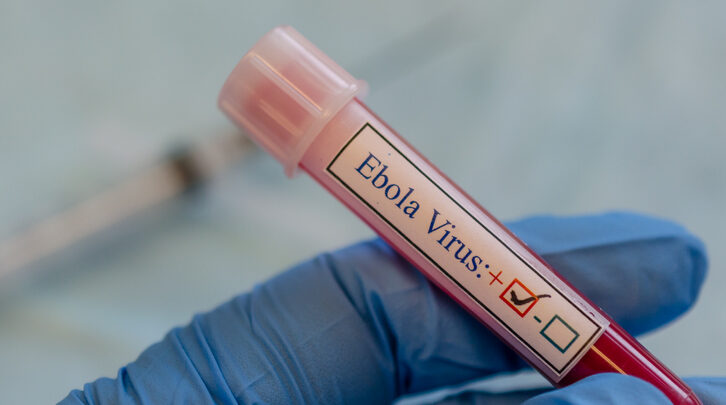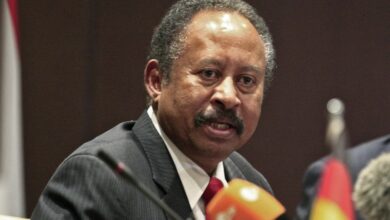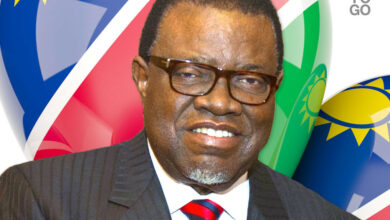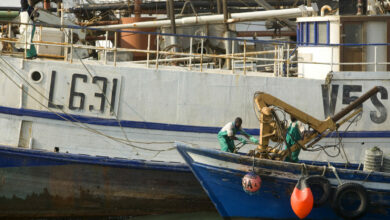
The World Health Organisation (WHO) on Friday said the ongoing Ebola outbreak in the Democratic Republic of Congo still remains a Public Health Emergency of International Concern (PHEIC), even though the number of confirmed cases has decreased in recent weeks.
The Ebola epidemic, which began in DRC in August 2018, has killed more than 2,144 people, making it the second deadliest Ebola outbreak. The WHO classified the Ebola outbreak as PHEIC in July.
During its Emergency Committee meeting in Geneva on Friday, the WHO said the ongoing Ebola outbreak in the DRC will continue to be a public health emergency for the next three months at least until the emergency committee reconvenes again.
“This outbreak remains a complex and dangerous outbreak,” WHO’s director-general Tedros Adhanom Ghebreyesus said. “We need the full force of all partners to bring this outbreak under control and meet the needs of the people affected.”
While weekly Ebola case counts have decreased each week for the last 4 weeks, falling from 100-plus cases to around 15, Tedros said the situation remains complex and dangerous and asked the health officials to continue to treat every case like it is the first. He noted that the risks of Ebola spreading within DRC and neighbouring countries still remain very high.
“Every case has the potential to spark a new and bigger outbreak,” he told reporters during a press briefing on Friday following a meeting of the emergency committee.
In related news, the European drugs regulators gave its approval to the world’s first Ebola vaccine on Friday.
The WHO Director-General Tedros hailed the move saying that the conditional authorisation of the world’s first Ebola vaccine is a triumph for public health. The vaccine, developed by US firm Merck & Co, has already been put to use under emergency guidelines to try to protect against the spread of Ebola in the DRC.






